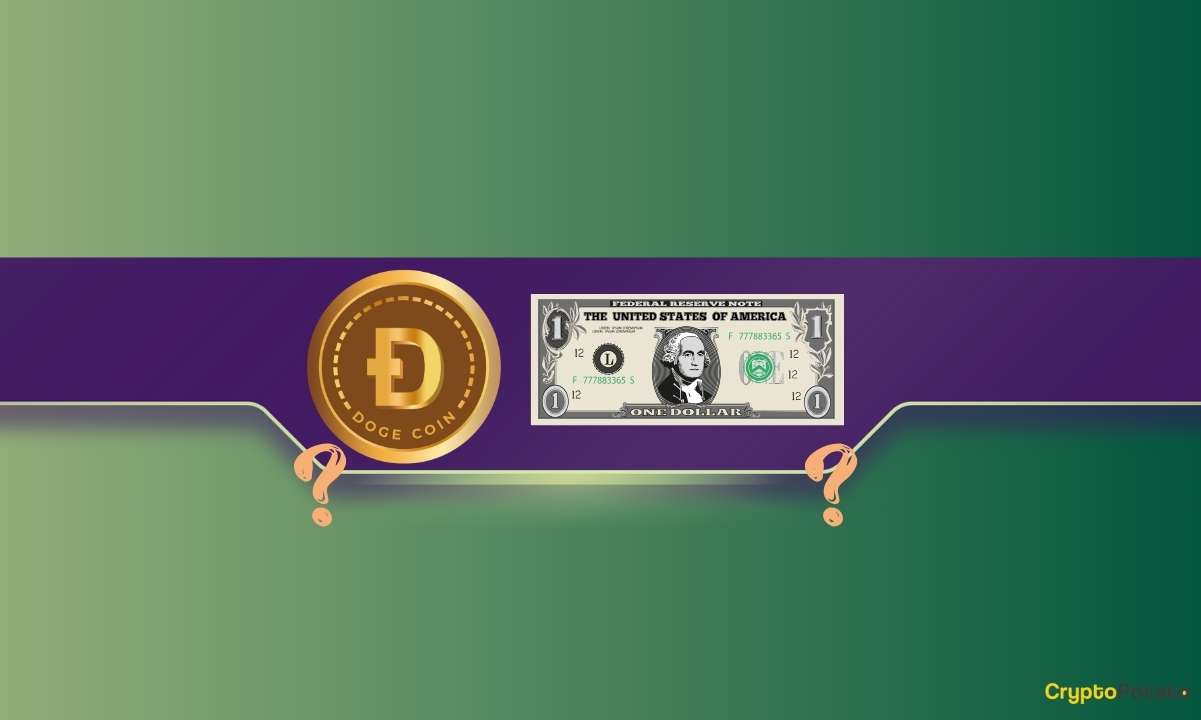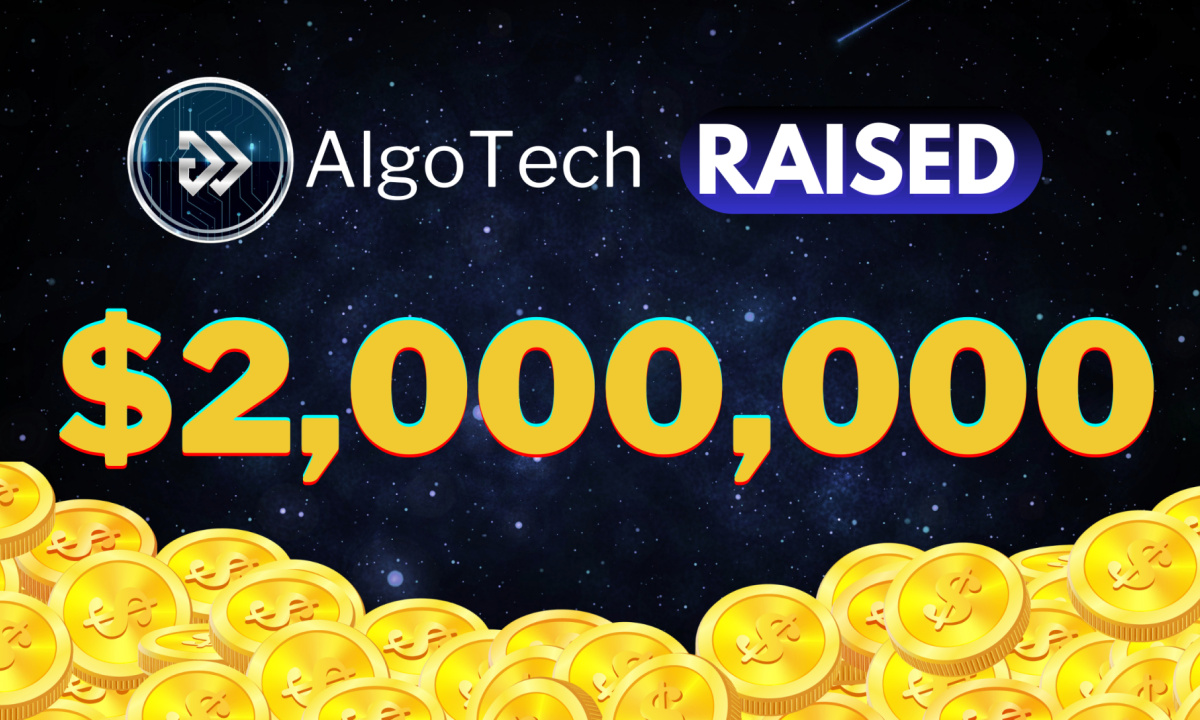Texas Lawmakers Propose a Gold-Backed Digital Currency
While some US regulators propose launching a Central Bank Digital Currency (CBDC) controlled by the Federal Reserve that could be as manipulated as the dollar, Texas wants a digital currency exchangeable for physical gold and cash.
Senate Bill 2334, introduced by Senator Bryan Hughes, and House Bill 4903, introduced by Representative Mark Dorazio, together represent the first proposal for a state currency not backed by the dollar but by gold.
The Gold Standard… But With a Crypto Twist
The Digital Currency Represents a Fraction of a Troy Ounce of Gold – Republican Senator Bryen Hughes submitted Senate Bill 2334, proposing the Texas Comptroller create the asset, with its value represented by a fraction of a troy ounce of gold.
“The comptroller shall establish a digital currency backed by gold so that each unit of the digital currency issued represents a particular fraction of a troy ounce of gold held in trust.”
The comptroller must also establish a means for digital currency holders to easily transfer or assign it to others through any payment system.
Moreover, the comptroller will act as a trustee and fiduciary on behalf of digital currency holders, maintaining “sufficient gold to provide gold redemption for all units of the digital currency that have been issued and not yet redeemed for money or gold.”
A Gold-Pegged Stablecoin Backed by the Texas Government
Per the bill, currency reserves must be 100% backed in gold. To prevent manipulation of the digital currency’s liquidity, lawmakers implemented preventive measures. Although unlimited purchases are allowed, the comptroller must acquire the same fractional amount in troy ounces of gold to ensure its backing and stability, avoiding any possible imbalance in the supply and demand of the digital currency.
“[The Controller should] buy a fractional number of troy ounces of gold equal to the number of units of the digital currency issued to the purchaser, and issue the purchaser a number of units of the digital currency equal to the amount of gold the comptroller purchases with the money received from the purchaser.”
Thus, when a buyer wants to sell their coins, the controller or designated entity must have an equal amount in cash to cover the funds.
Additionally, those who wish to exchange their coins for physical gold can do so through any designated agent, receiving the equivalent in small gold coins or large bars.
“The comptroller, or a person with whom the comptroller has contracted, or a person serving as trustee for purposes of this chapter, may manage redemption of the digital currency for gold using bars or coins of standard sizes and may pay fractional remainders in cash as necessary to facilitate the transaction.”
This would not be the first government-backed digital currency. Although the digital dollar is still far from being implemented (and its issuance is not even a sure thing), Miami and New York have already tested the issuance of their official tokens.
Things have not gone very well, but that’s at least a start. Unlike these currencies, whose value fluctuates, each State of Texas token would have an equivalent value in gold, similar to what the Digix Gold Token and Pax Gold tokens do, for example.
For now, the projects require approval at the Committee hearing before becoming official law and gaining State Senate and House approval. However, these projects show Texas’ interest in returning to the gold standard, which boosted the US economy and trade for several years.
The post Texas Lawmakers Propose a Gold-Backed Digital Currency appeared first on CryptoPotato.









